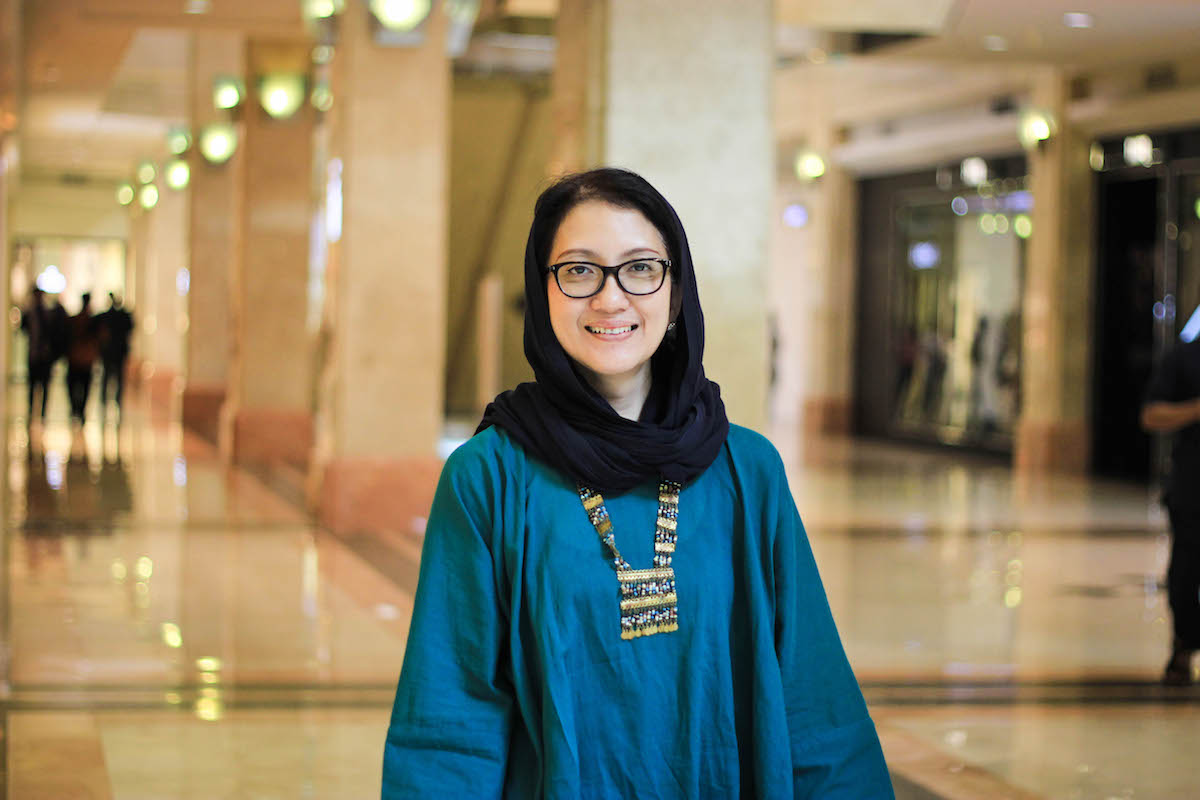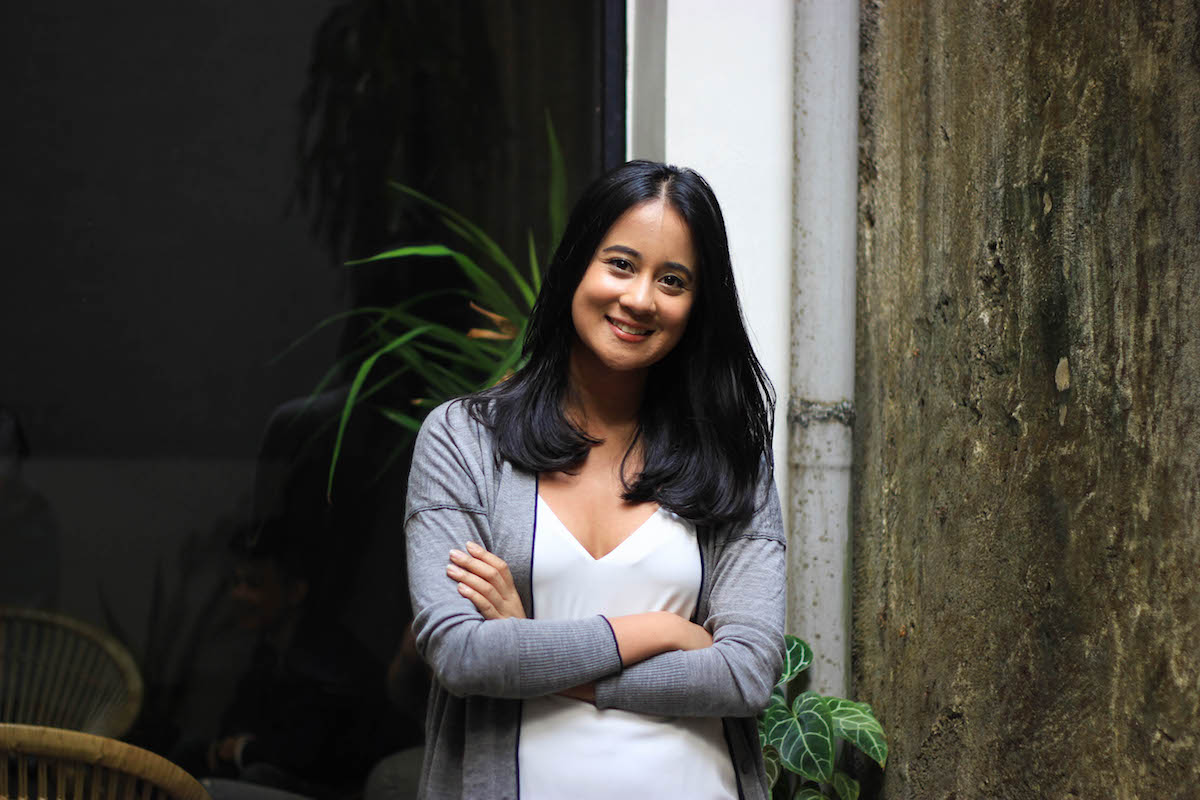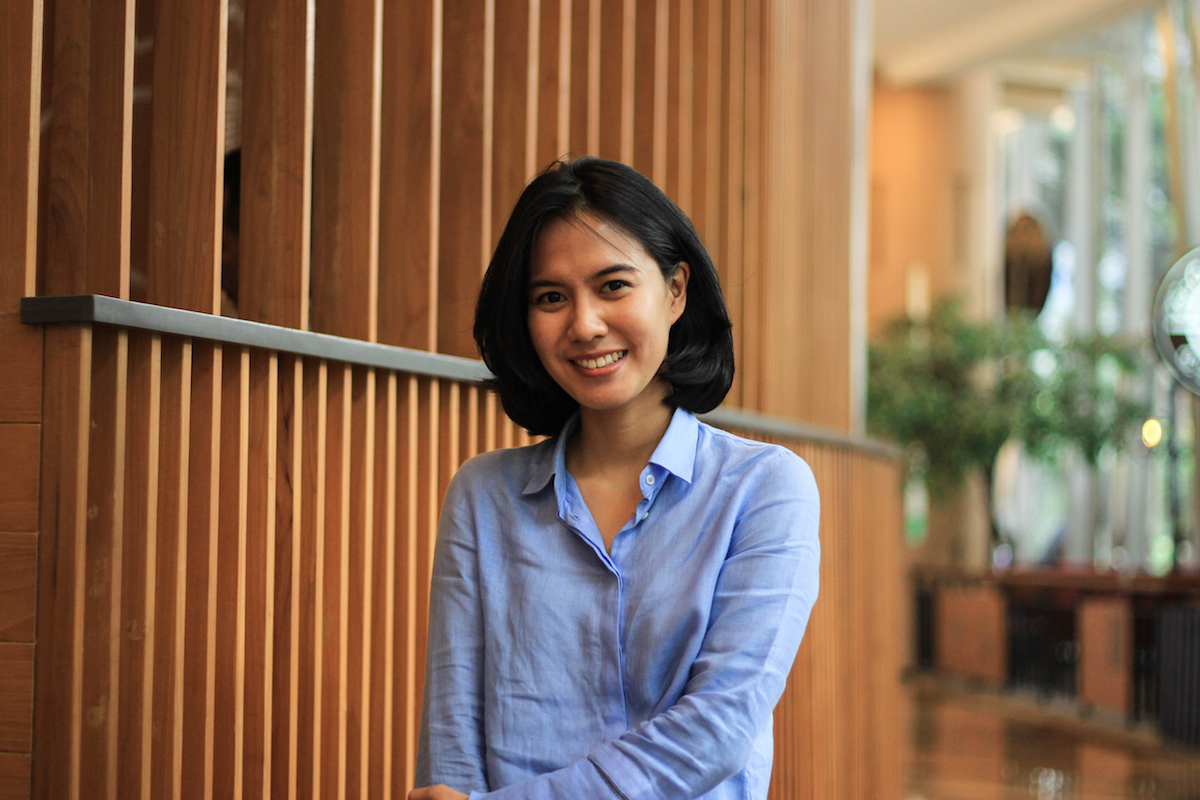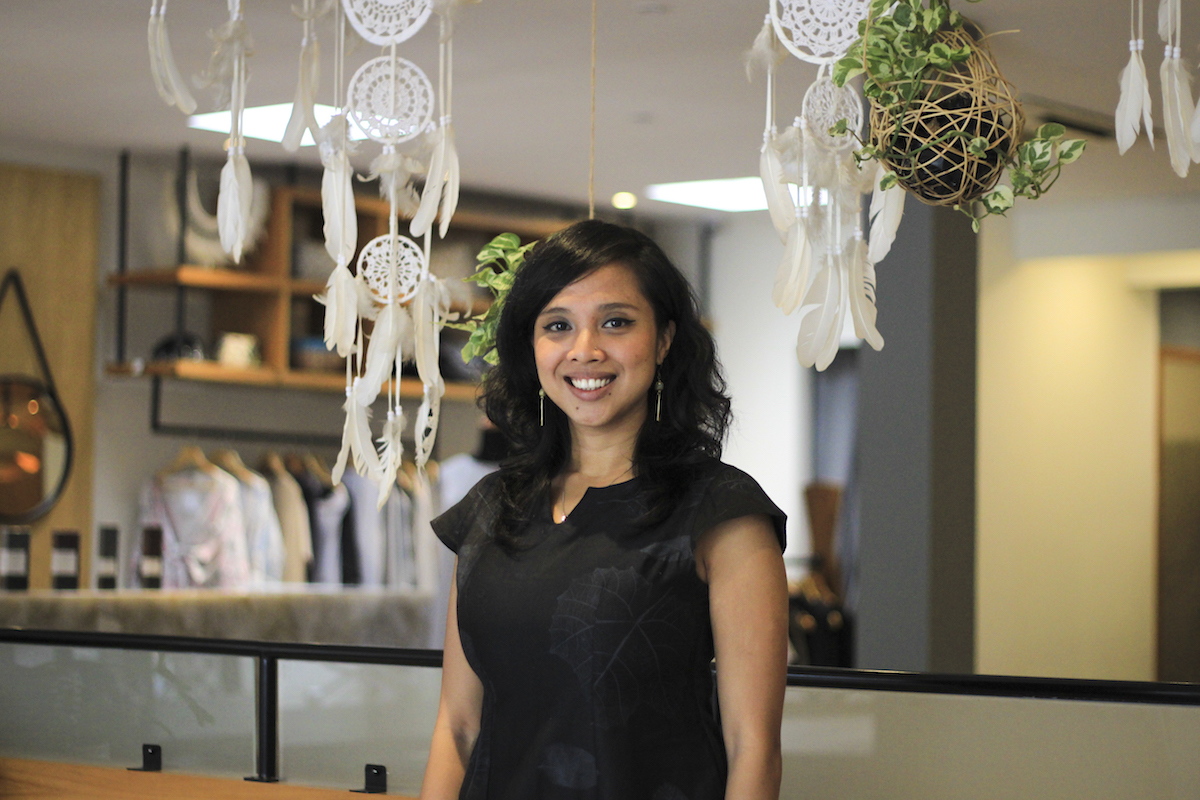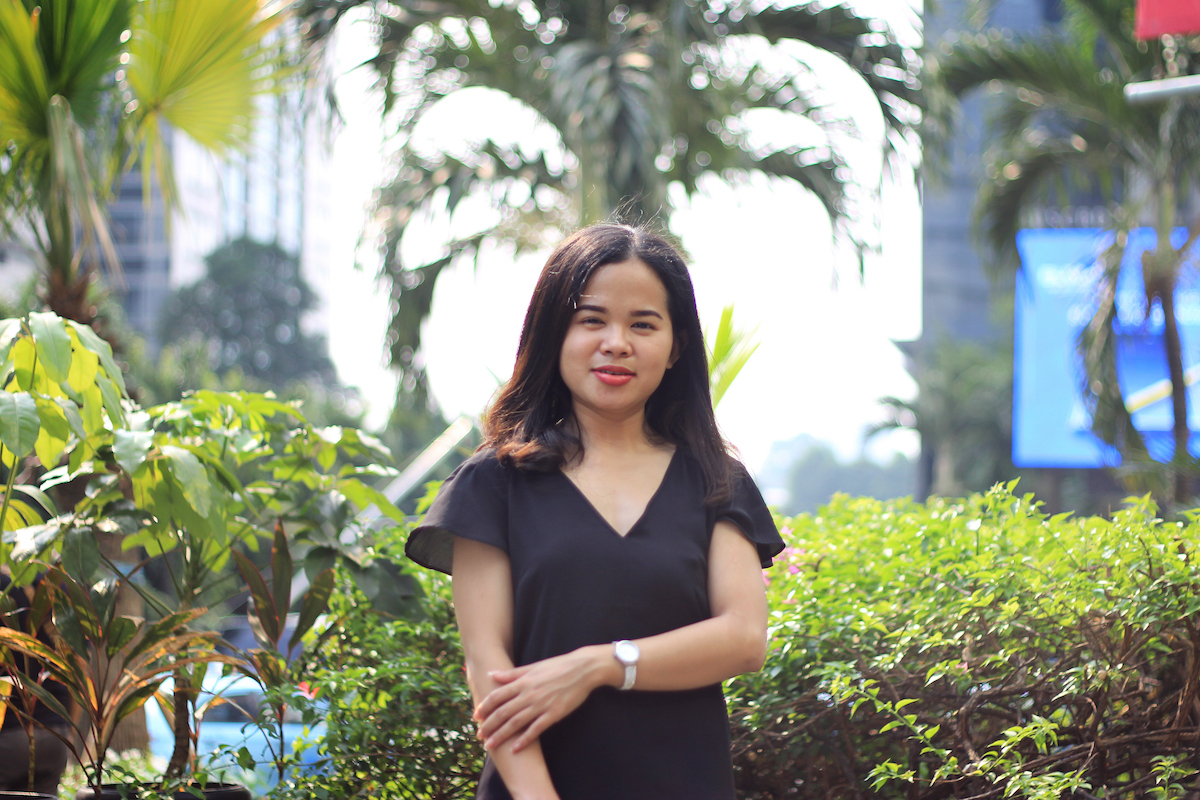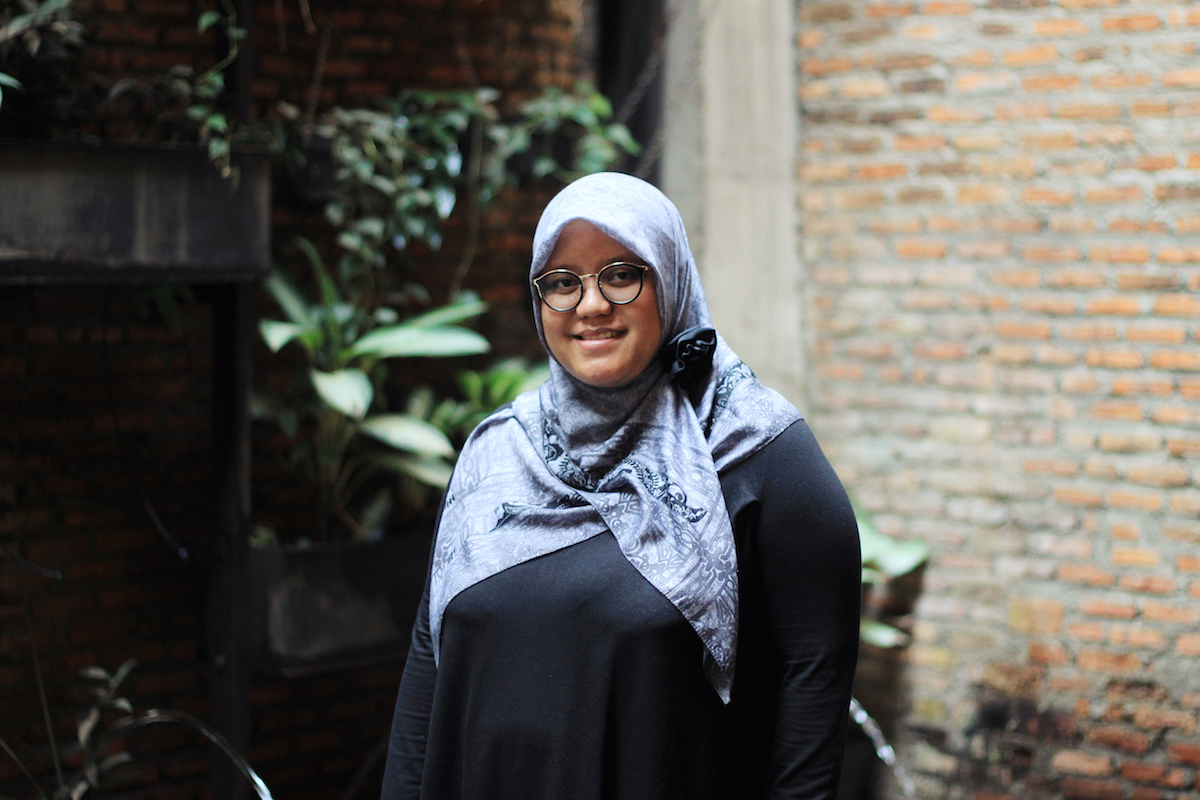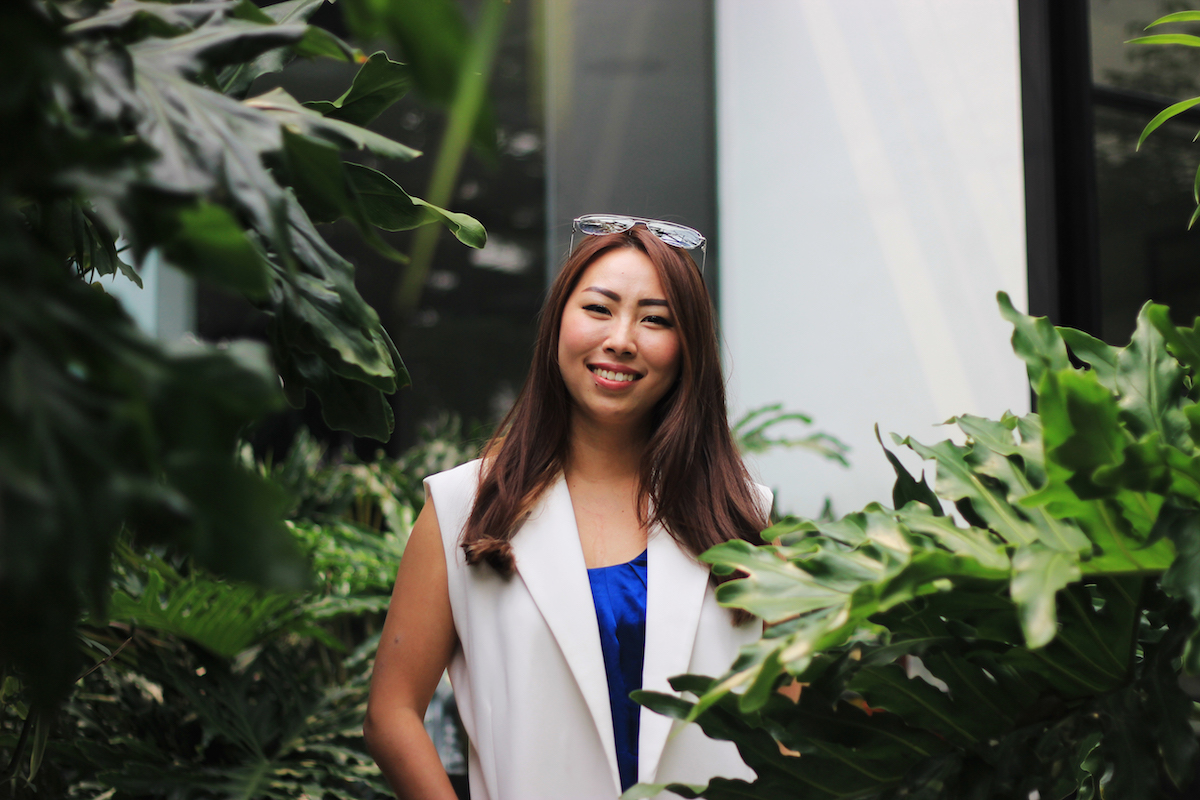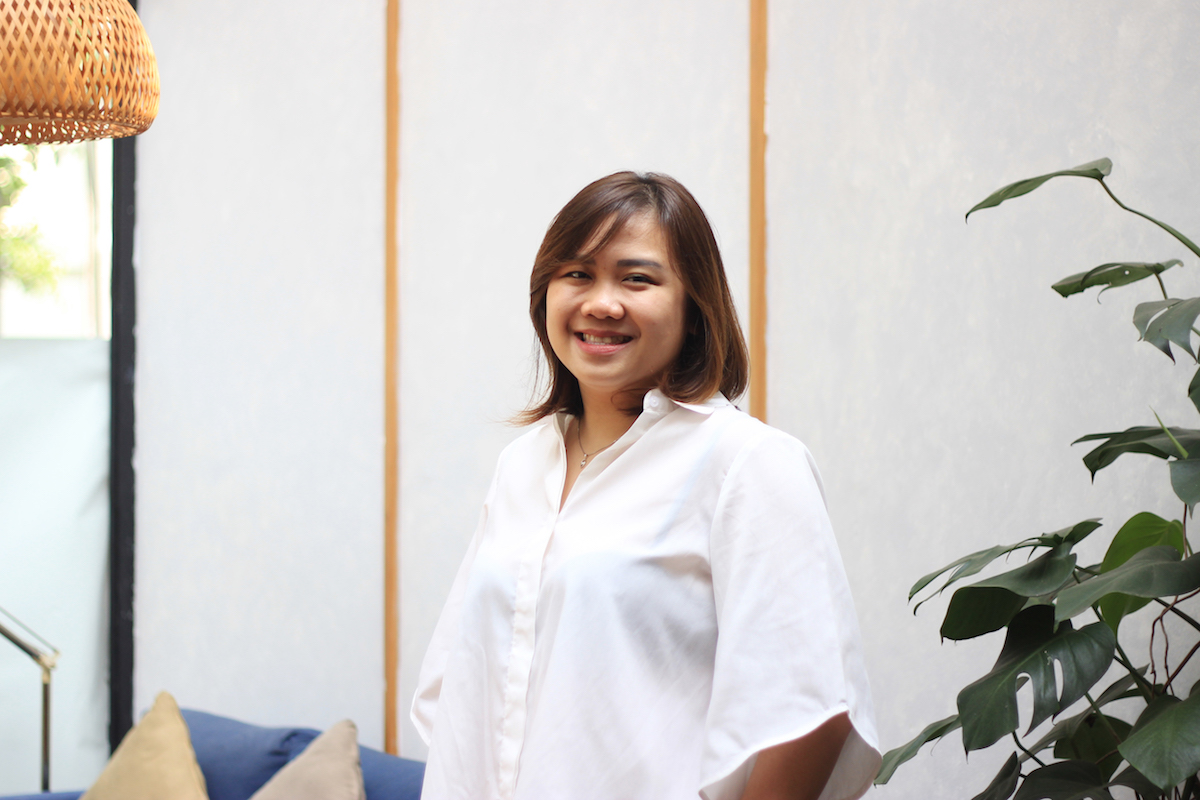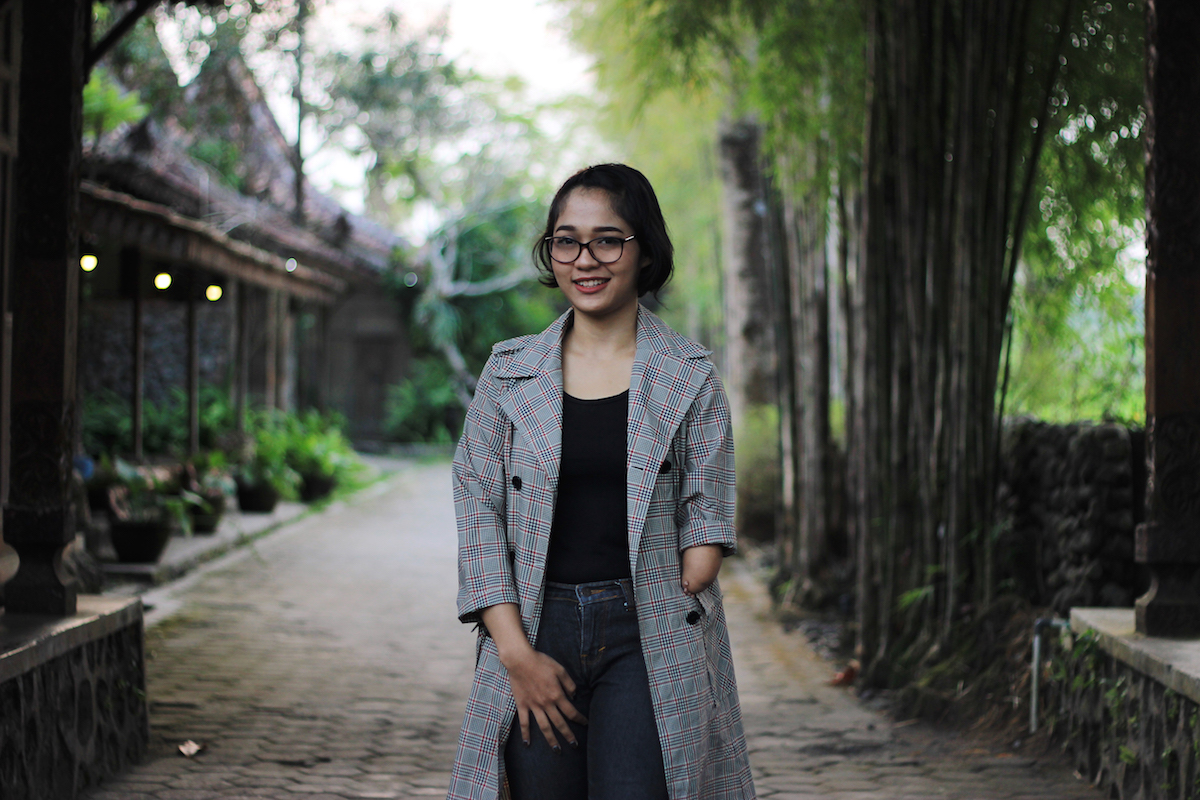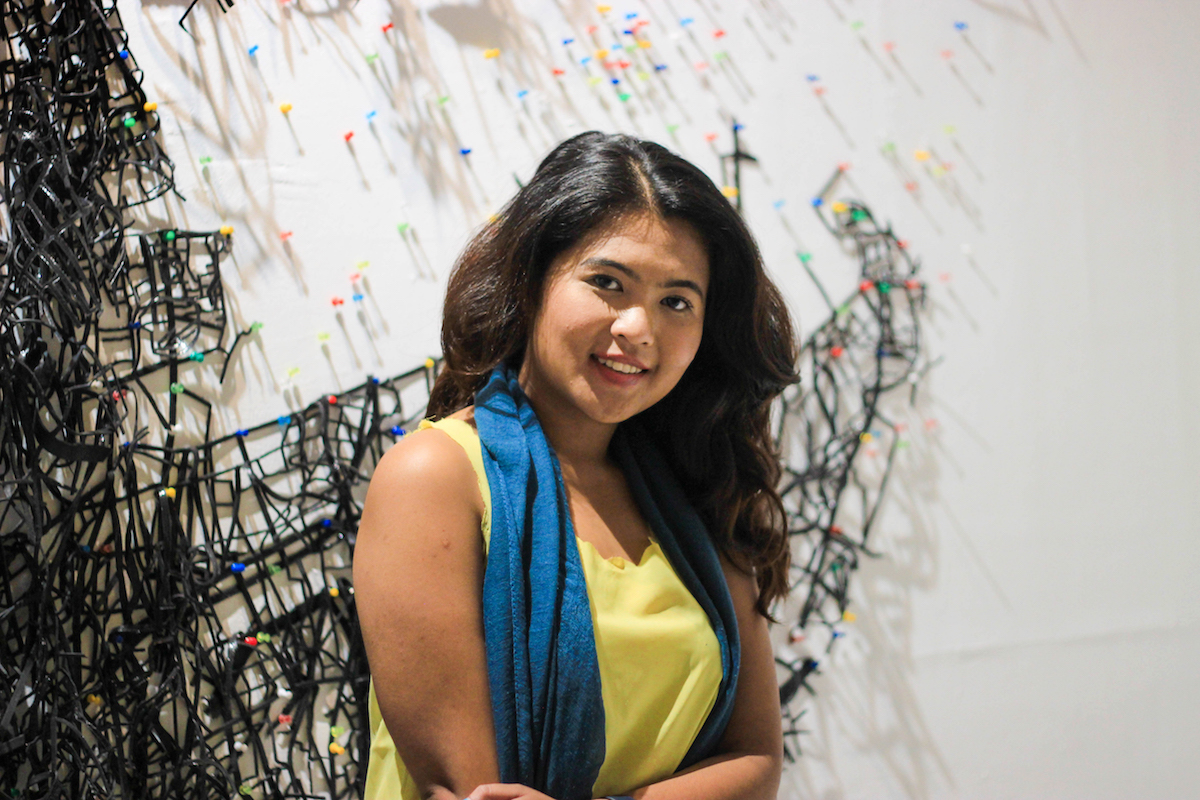Can you state your name, your position, and your company?
My name is Anda Waluyo Sapardan. I’m the cofounder of Sehati & TeleCTG and in charge of the operations of the company. I’ve been in the medical industry for over 12 years. I’ve managed hospitals before, and I’ve worked in a general hospital as well as a maternity hospital – hospitals specially for women and children. Sehati and TeleCTG are products of passion — it all started from our concern with the quality of health of the next generation of Indonesia actually.
First of all, we are lucky that we have all the things that we need. We get access to information and to hospitals and healthcare. Not many Indonesians have that opportunity. So our concern is about how to provide equal opportunity — at least for information and for access to good maternal healthcare. And that’s where Sehati and TeleCTG come in.
Sehati and TeleCTG are technology solutions to track and monitor the first thousand days of human life. What we do are promotive and preventive measures. We try to provide early detection and warning of risk factors that could cause maternal death, infant death, as well as help to prevent stunting from the very beginning. A happy and healthy pregnancy is the right of every woman. Every woman should experience a very calming and happy pregnancy, since it can affect the outcome of birth and of the woman’s own life.
With technology, it’s easier for people to access information; even in remote areas, as long as you have Internet connection you can gain access. However, technology or innovation won’t reach its optimum utilization if we don’t empower humans themselves. So we tap into that as well.
What inspired you to start your own venture? What made you want to create something of your own?
It’s a bit crazy, because actually my husband and I, we sacrificed quite a lot to start this. We already had a stable income, stable jobs, everything we could have asked for. But the feeling of personal responsibility was too great. The rate of stunting in Indonesia is quite high. It’s like 37 percent of all the children. Just imagine the social burden of our own kids in 10 or 20 years from now. I gave birth to my eldest at a very young age. I was 19 at that moment and I experienced a wonderful pregnancy. And we feel that everybody should have that kind of experience. We feel that family planning and good monitoring during pregnancy is crucial. So that’s actually what really drove us to do this, why we chose to start our own business rather than continue working at the hospital. If we just worked at the hospital, then only the patients of that hospital will get any benefit. By doing this, we can reach far more people.
Have you faced any challenges as a female entrepreneur?
Not at the moment. Not really. It’s just that now I’m in the tech industry, and there are not too many women involved in this field. But it’s a good learning process. Actually, being a female should not deprive you or limit you from being an entrepreneur. As long as you have good intentions and and are willing to work your ass off, I think it is manageable.
Speaking of the lack of female entrepreneurs in the tech space, is that also true of the healthcare space as well?
Actually no, there are many women involved in healthcare. Our aim is to reshape how health services are being provided. Our long term vision is to make community-based healthcare and empower midwives, who are our partners in doing all of this. In Indonesia, midwives are all women, so in the healthcare industry, many women are involved.
What challenges do women face in Indonesia in obtaining quality healthcare and a positive birth experience?
For a positive birth experience there are multiple factors involved, from access to good healthcare to social factors such as a good relationship with your support system. And then there are financial factors. Having access to good information actually really helps; sometimes women who are pregnant have very wild imaginations and worry a lot. For many it is their first time and they are not sure of what to expect. If we can provide good and accurate information, then it would help them to understand the process and calm their nerves. I can say that because that’s what we experienced while we were managing a hospital in South Jakarta.
Sehati and TeleCTG opens access to information for not only mothers but midwives as well. We have three programs for midwives: financial empowerment, knowledge, and skills. From the financial side, we have already deployed one kiosk. We call it Kiosk Sehati for midwives due to their need for increased welfare. One midwife has already expressed that it’s really helped her in her life.
We teach the midwives how to use our technology. It’s really not easy because getting them to fill all the data and forms with the Sehati application rather than manually can be quite challenging. But once they know how to do it, it can really help optimize their work. At the end of the month, they usually have to give a report to the government using our application. That report can be automatically done via our app. So by the end of the month so they don’t have to go through the data manually for the report.
We created the kiosk not only to increase midwives’ welfares but also improve their livelihoods. The kiosks are equipped with a screen, Internet access, and a stove. We hope it can be a hub for people around the kiosk to get more information from the midwives, and provide educational videos through the kiosk screen. We’re already seeing good progress. Many children are coming to the kiosk and viewing the videos. The kiosk also helps to benefit the surrounding economy. Because there are many people coming to the kiosk, some entrepreneurial people – mostly mothers who live in the neighborhood – cook foods like meatballs, tofu, and fried dough and put their food into the kiosk to be sold. So there’s something like a sharing economy going on around that kiosk as well.
Why does empowering women matter in the first place?
There’s this saying that once you empower one mother or one women, you empower a lot of people behind them. Mothers are the pillar of a family, so once they are content and happy, I think all the people around them – the husband, the kids – will benefit as well. I think women really run the family, so it’s absolutely essential that they have their own income, that they are financially empowered, so they can also help the family to provide.
How is it like to be an entrepreneur while also having a family as well?
Being an entrepreneur is different from working for a company because you really have to think about all the details. Actually it is very good because then you will help a lot of people to find work and create jobs. But that also comes with a very big responsibility. Luckily our four children are already grown up; I started being an entrepreneur about three years ago. While my children were growing up, I was still working in a company. So, I didn’t have to face a challenge in that aspect.
How is it like to co-found a startup with your husband?
Up to this moment, it has been really good because we come from the same background. First of all, we have the same passion. And because we are married, we have more time to discuss our startup. While it’s not too good for our personal lives – because all we talk about sometimes is work – it’s been good so far.
Did you ever have a low moment in your entrepreneurial journey? One where you thought, “Oh my gosh, what did I get myself into?”
It happened a year after we started all this. Ours is in medical technology and it’s really not an easy thing to do. First of all, not many investors in Indonesia understand how the healthcare industry goes. I mean, it’s not a quick game. And our product involves both an application and hardware. TeleCTG is a medical device. It’s the first of its kind in Indonesia. So the challenges really were quite big. There were so many regulations, so much paperwork we had to fill. It’s very costly.
We started this business with our own money, so when we hit a point where we didn’t have any more resources to be allocated to the business, we really felt like, “Oh my God, why are we doing this?” It’s so crazy because there are quite a few people who said that we are a crazy couple. But I really believe what Elon Musk said, that if you believe in something, you do it even if the odds are not in your favor.
So we kept going, and at our lowest point somehow the gates opened. I’m not saying that what we are pursuing is noble, but we are doing this with the intention of the good of the people. And so the gates just opened everywhere.
And has there been a moment in your entrepreneurial career where you thought, “I’m so happy I did this. This is the path for me”?
With every bit of progress we make, I feel that. I’m happy because I know to start this is not easy. Just to see our team happy doing their job. They are extremely dedicated. I don’t know how this happened, but somehow all the people that came to work on our team have the same passion. Some even chose to work with us with a lower salary than their previous jobs. We have a very good team, and that makes me happy. Secondly, when the midwives we work with tell us that what we do really helps them — the online classes, the kiosk, and how we facilitate everything — those are really good moments for me.
Lastly, do you have any advice for other young women who are thinking about becoming entrepreneurs?
Being an entrepreneur is a challenging path. But if you really believe in yourself and your capabilities, and if you possess a strong mentality, I believe you can do it. But it’s not easy. You really have to work hard. Secondly, it depends on what industry you want to get into. Make sure you know the regulations and you have the right network before you start everything. And definitely make sure you have enough resources and financial capabilities. Finally, please do this because you have a cause. Do it all with passion and love. It is not easy work, so you will need to believe in this cause to make it through.
